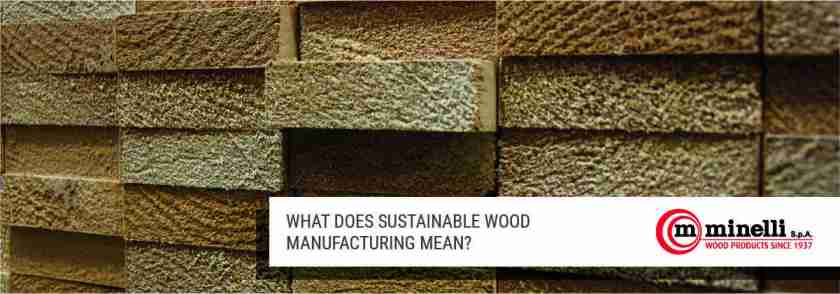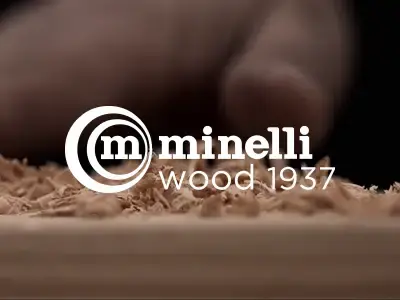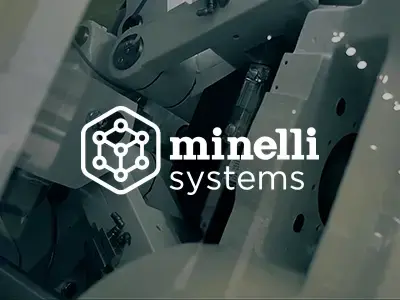
With rising concerns about climate change and increasing pollution, responsible behaviour by consumers and organizations is no longer an option. It’s a necessity.
Sustainable wood manufacturing involves two important aspects:
- the use of wood coming from sustainable managed forests
- the development of sustainable production processes and practices
Let’s discuss these topics in the following article.
Sustainability in wood manufacturing: why it is crucial
To be competitive in the market, the quality of products and cost-effectiveness are considered fundamental. Today, after the pandemic emergency and the outbreak of war in Ukraine, environmental protection has become even more important for consumers.
Global warming has forced organizations to improve their commitment to environmentally friendly practices to keep their position in the market, which includes adopting strategies that can provide a competitive advantage by providing environmentally friendly products with reduced negative environmental impact.
Therefore, many manufacturing companies have begun to adopt more sustainable practices that consider social and environmental responsibility.
In wood manufacturing, sustainable production means providing environmental protection along with economic and social benefits to always ensure the growth of the business.
People today are more interested in sustainable objects
Consumers’ concern for sustainable products has expanded beyond the food & beverage and fashion industries and includes all the products in their homes, including furniture and everyday objects, such as oral care and kitchenware products, cosmetics, and fragrances.


Buyers today are taking a closer look at the origins behind all the products they purchase, so supply chain transparency is more and more critical for businesses to gain a competitive edge in the market.
Only by knowing all the stakeholders involved in the production of a wood product can brands and companies understand where the raw materials come from and how they are sourced and processed.
The raw material, its collection process, and actual processing must be sustainable to guarantee a 100% eco-friendly product.
Let’s analyse these points.
What does sustainable wood mean?
For wood items, the terms “sustainable” or “responsible” mean that the wood has been collected in a way that ensures healthy, continued, and sustainable growth. Sustainable logging of wood has less of an impact on forests and the surrounding wildlife and communities and is not harvested illegally.
Top wood-sourcing countries today include the United States, Canada, Finland, Russia, China, Brazil, Sweden, and Germany, but businesses must look beyond the country of origin to determine if wood has been responsibly sourced.
How to ensure wood is collected responsibly
Wood manufacturing companies must ensure that their products are created with timber that has been sourced responsibly, and they can do that in several ways.
PEFC and FSC certification ensure that wooden products are created with timber deriving from well-managed forests that provide environmental, social, and economic benefits to local communities.
By ensuring your supplier complies with these standards, you can provide your clients with guarantees that wood products are made using responsibly sourced and sustainable wood.
Other regulations exist to avoid illegal logging:
- the EU Timber Regulation prohibits illegally harvested timber or timber products from being sold in the European Union
- the U.S. Lacey Act bans the trade of illegally sourced wood products in the U.S. market
But this is not enough. Wood must certainly be collected responsibly, but it must also be managed following environmental protection practices.
Promoting a sustainable wood manufacturing approach means adopting a holistic view that includes products and production processes and is applied at every stage of wood manufacturing, from the plant to the firm to the entire supply chain.
How to ensure the manufacturing company adopts sustainable production
Besides complying with the standards cited above, a sustainable manufacturer should:
- work to reduce the company’s carbon footprint and greenhouse gas emissions and producing wooden components where raw material is collected; shortening the process that raw materials go through to reach production makes transportation logistics more sustainable
- follow a circular economy model, recycling and reusing resources and discarded materials to produce smaller items, fuel heating systems, and heat drying chambers
- use energy-efficient implants and monitor energy consumption and periodically conduct specific audits to understand the company’s energy usage and increase its efficiency
- prefer organic water-based lacquers created with ingredients derived from recycled materials and renewable sources, e.g., water and organic resin, with a very low content of VOC (volatile organic compound). The production process of these lacquers has less of an impact on the environment compared with petroleum products thanks to the drastic reduction of CO2 emissions while preserving the highest quality of finishes
The Minelli Group has always focused on sustainability: in 1999, we were among the first to be certified by the FSC when it was not yet a standard. Today, we are also PEFC certified.
This demonstrates our sincere dedication to pursue a responsible manufacturing model that respects the environment as well as all ethical aspects of business.
Wooba™ is a patented concept owned by our branch Minelli Systems that is based on circular economy principles. It is a smart combination of materials and manufacturing technologies that embodies the future of packaging: closing the loop for a healthier environment!
If you would like to discover more about our wood manufacturing model or the products we can offer, contact us now!








